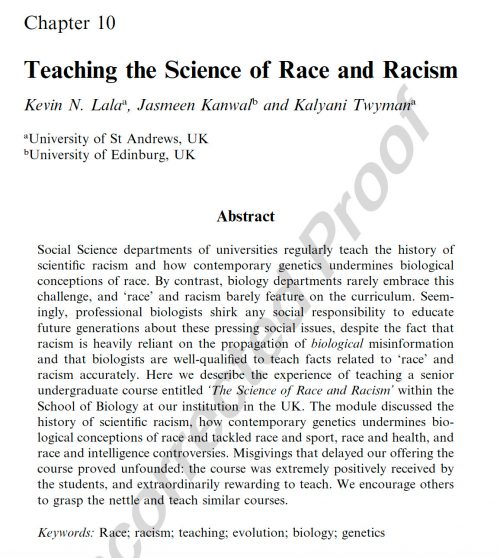Today has been a day full of meetings (with another to come tonight!) and now I’m tired. One of the meetings gave me mixed feelings: a division meeting of all the science faculty to give our final approval of a decision to get rid of our geology discipline.
OK, that’s overly dramatic. We’re not actually getting rid of any of the geology classes, or any of the geology faculty, we just won’t be giving out geology degrees, and the existing structure of the discipline is getting folded into our Environmental Science program. Nothing will be lost, it’s more of an administrative shift, and apparently this is a common kind of change at many universities, but I still feel like it’s a historical break. Before there was a biology, there was geology, and geology was one of the core research fields in natural history. It’s being absorbed into a broader academic discipline, which is OK, I guess, but as an old guy I feel like something is being lost.
I wonder what will happen to biology in a few decades…what grander concept will expand to encompass my little domain?
Don’t tell me physics.









